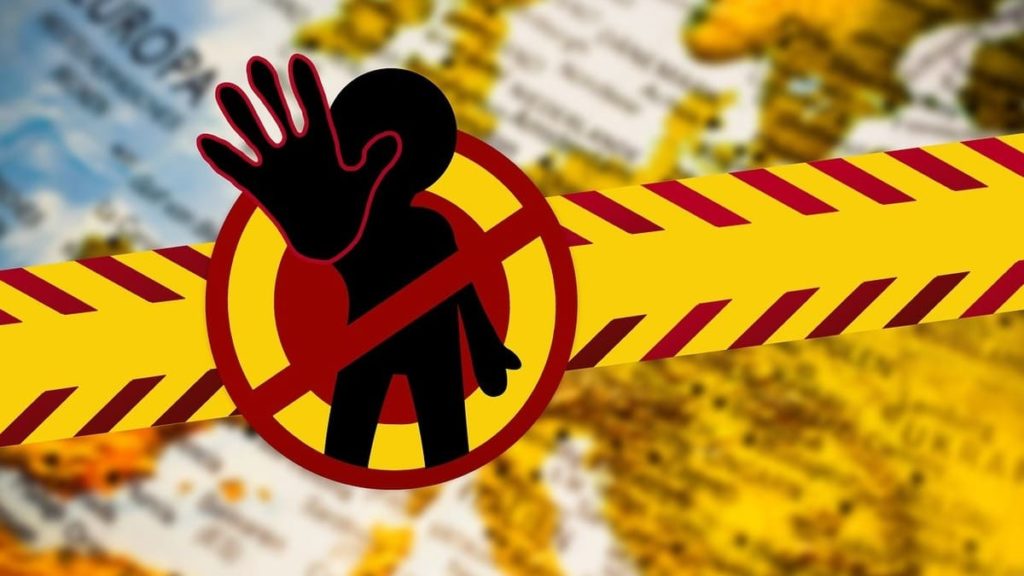It seems that restrictions on the use of cryptocurrencies and digital assets have become commonplace these days. According to several user reports, MetaMask has blocked Venezuelan users, while the world’s largest NFT marketplace, OpenSea, has blocked Iranian users.
Some recent history of restrictions and sanctions
During the Russia-Ukraine conflict, Exchanges and Wallets were asked to restrict Russian users as a way to economically isolate and pressure the country to stop military escalation.
While most Exchanges dismissed that request, the truth is that both European and US regulators could force cryptocurrency exchange companies to abide by this order.
A similar case occurred when the Canadian government forced to freeze digital assets of the protesters of the so-called “Freedom Convoy”.

What happened with Venezuela and Iran?
During the last hours, Venezuelan users have reported that they cannot access their Metamask digital wallets.
According to Infura, a platform that provides tools for blockchain developers, the blocking was due to an error in the configurations set after sanctions imposed by the United States and other territories.
In its tweet Infura said:
“In response to the concerns we have been hearing, we want everyone to know that we corrected the problem that so many of you have pointed out. In changing some configurations as a result of the new sanctions directives from the United States and other jurisdictions, we mistakenly configured the settings more broadly than they needed to be “
After acknowledging their mistake, both Infura and Metamask itself apologized for the inconvenience caused.
Users in Iran, on the other hand, are being harmed by the embargo imposed by the United States. It is reported that Iranian creators and collectors of non fungible tokens (NFT) are being expelled from the OpenSea platform.
The sanctions imposed by the U.S. mean that its companies cannot provide goods or services to countries on its “blacklist“. Among the sanctioned countries are Iran, Syria, North Korea and, most recently, Russia.
Are these sanctions dangerous precedents?
The world of cryptocurrencies and digital assets has been created with a clear concept in mind: that of decentralization. The initial idea since the Bitcoin whitepaper was published in 2018, was that a financial ecosystem could be created away from the hand of Governments and Financial Institutions.
Recent unilateral sanctions from countries such as the US, are exposing that we are far from achieving the goals set in the beginning. Although companies such as Metamask and OpenSea are centralized and must obey the impositions of their governments, this behavior has generated controversy among users.
These new legislations serve to exert political pressure on other countries in the current geostrategic scenario. This is why, in this context, the need arises to find truly decentralized alternatives that guarantee a blockchain community independent of the traditional political and financial system.


